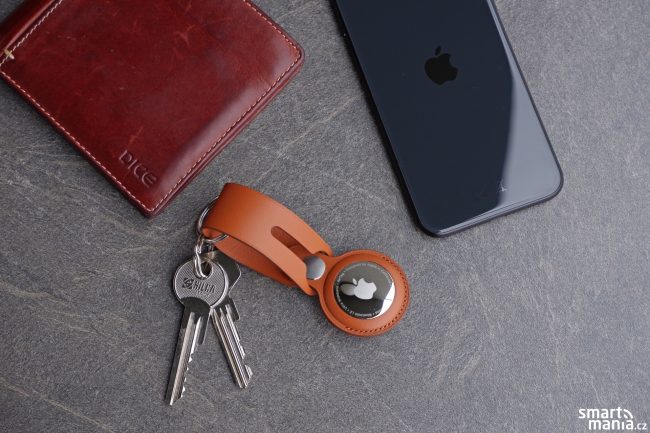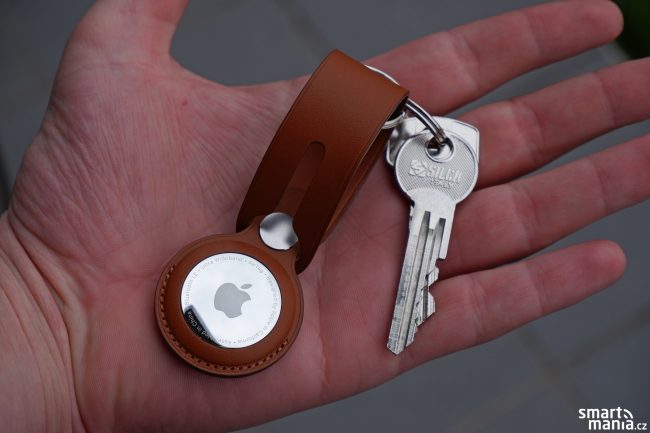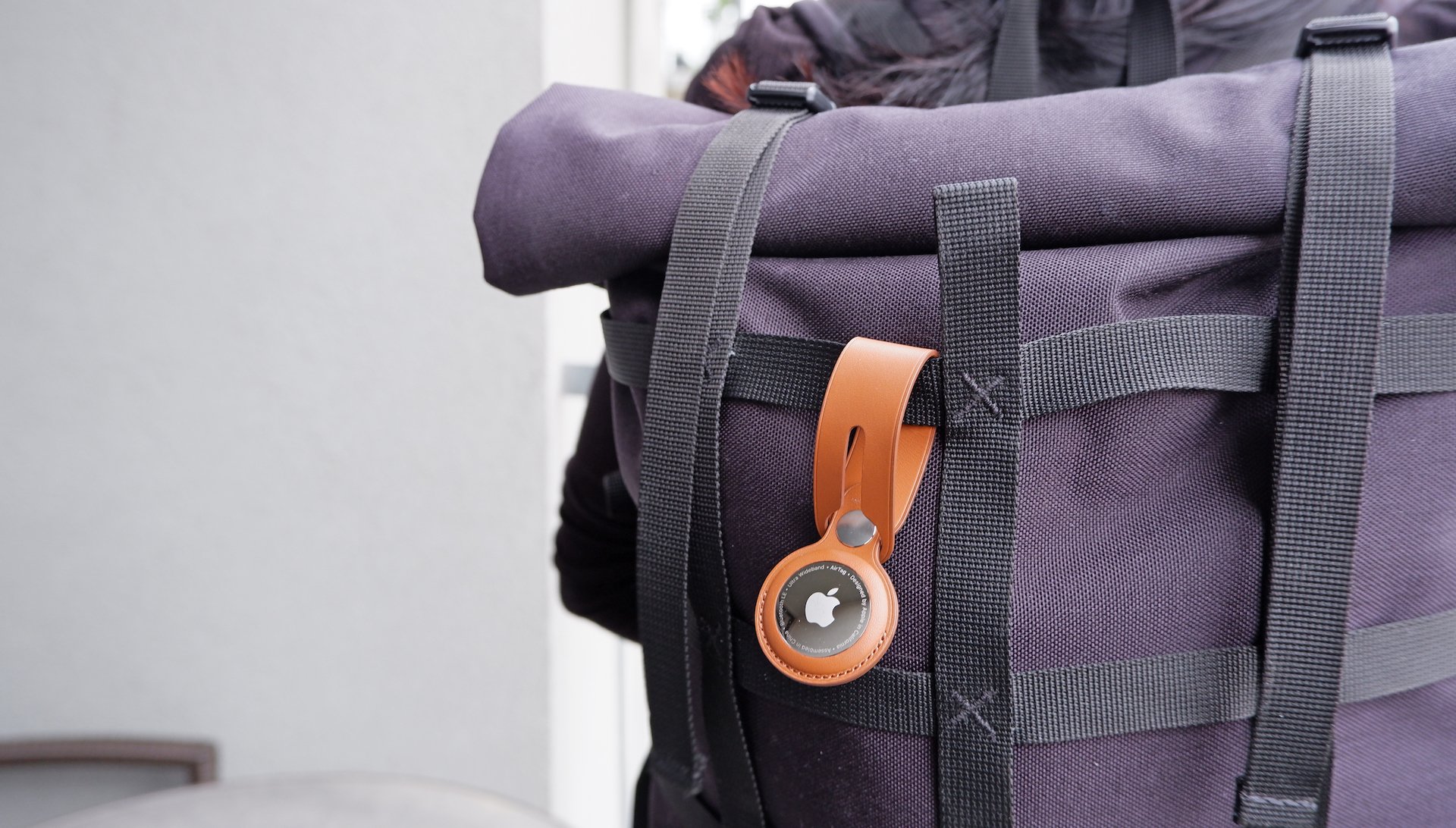Since the introduction of the location label Apple AirTag many users in the market are questioning whether it really works. The label does not use GPS to determine the position, but UWB technologywhich uses devices with iOS around. Few would test the functionality until it really gets tough and needs to find the lost thing. Kirk McElhearn decided to test the functionality on his own AirTag, which he mailed to a friend.
The AirTag was carefully packaged and mailed from Stratford-upon-Avon, William Shakespeare’s birthplace, a suburb of London. The AirTag managed the 150-kilometer journey without much difficulty, and McElhearn knew at all times where its location label was. For more comfortable monitoring and also to obtain data for your blog post wrote a script that took a screenshot every two minutes with the current location of the AirTag.

Although the label arrived with a friend without much difficulty, McElhearn expected to receive a notification on his iPhone when AirTag was found. It didn’t come to him even after three days, although his friend said that the AirTag emitted an audible signal to make it easier to find. Interestingly, although tracking the location of the label worked almost without error, McElhearn’s warning of the finding did not arrive.

Since the AirTag can only be reliably located thanks to a dense network of iOS devices, pay close attention to whether, for example, you are traveling to a country where iPhones are common when traveling abroad. For example, in Spain, where Apple has a market share of about 9.3 percent, you would not have to find your lost thing so easily.
–

